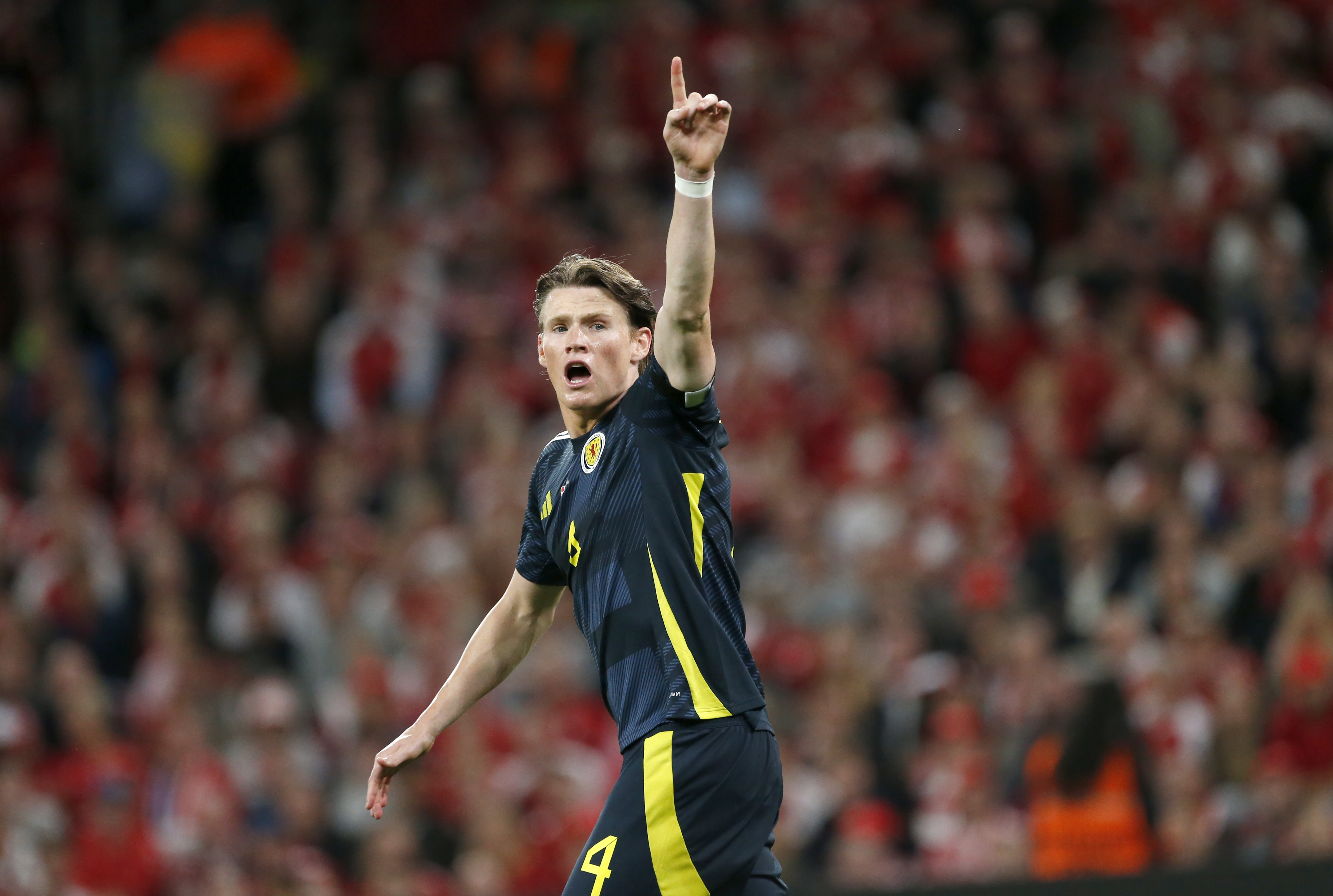The future of football... and how to stop it
The blazers have done something right.
Oh frabjous day, quelle surprise and benissimo â the internet being an interactive medium feel free to add any foreign or indeed made up phrases that signify surprise, joy and relief â UEFA, along with the governing bodies of other major sports, has done something boring but crucial: filed a white paper with the European Commission which asks the European Union to recognise the âÂÂspecificityâ of sport.
Even though the subject may sound as tedious, long-winded and irrelevant as a Garth Crooks question, what UEFA did may shape the gameâÂÂs future. (I have to declare an interest here as editor of Champions, the official magazine of the UEFA Champions League, though this column in no way represents any kind of UEFA view).
Specificity means asking the EU to recognise that sport, because of its social importance, is not just another industry, like widget-making, and, therefore, ergo and all those other words that lawyers use, should have specific exemptions under EU law.
Without an EU law defining sportâÂÂs status and a legal framework that gives sport some autonomy, a thousand Bosmans could decide footballâÂÂs destiny on a case-by-case basis.
Bosman: Completely changed way footballers are employed
Indeed, itâÂÂs already happening. Belgian club CharleroiâÂÂs case against FIFA, demanding compensation for a player injured in an international, reached court before a deal was reached, averting judgement in a case which, if it had gone the clubâÂÂs way, could have bankrupted many poorer football associations.
A slight digression here. IsnâÂÂt it strange the niches nations create in football? England are semi-officially installed as inventors of the game, France is responsible for dreaming international tournaments while Belgium specialises in legal cases that trouble the gameâÂÂs great and good.
But back to the matter in hand. The serfdom of multi-millionaire Cristiano Ronaldo could easily have found its way to court on the grounds that the system which prevented him from talking to a potential employer, Real Madrid, breached his basic human right to better his working conditions. The departure from mainstream employment law is legally challengeable.
Ronaldo could have become the new Bosman. ItâÂÂs easy to forget that Bosman wasnâÂÂt the villain. Belgian club RC Liege, which refused to release him after his contract expired, opened up that super-sized can of worms.
And that I suppose is the point. (You knew thereâÂÂd be one eventually.) If sportâÂÂs governing bodies want to be granted specificity, it behoves them to convince Eurocrats that they are responsible, fair and rational.
But the gameâÂÂs governing bodies were created in a very different legal, social and political era. And their decisions â and the way theyâÂÂre made â are now exposed to merciless scrutiny.
Ronnie: Madrid move could have made him the new Bosman
The best features, fun and footballing quizzes, straight to your inbox every week.
Watching Eurocrats will have been puzzled by, for example, EnglandâÂÂs football authorities punishment of clubs who break rules.
Luton Town, guilty of paying agents via a third party and of being unable to strike a Company Voluntary Agreement, were deducted 30 points. Rotherham and Bournemouth were both docked 17 points for financial misdemeanours while my beloved, debt-ridden Nuneaton Borough were given the legally dubious choice: keep your name and be relegated four divisions from the Conference North, change it and slip down two divisions.
I donâÂÂt recall Leeds United being offered that draconian option.
Meanwhile, West Ham, found guilty of âÂÂdishonesty and deceitâ over the Tevez affair, were fined but deducted âÂÂnil pointsâ even though it was in clear breach of Premier League rule U18 by striking an agreement (with Kia JoorabchianâÂÂs company) that gave a third party influence over the team.
The contrast with LutonâÂÂs punishment seems stark. Hatters fans have also complained that the Football League committee which set their points reduction contained the chairmen of a club in the same division as Luton and the chairman of a club which spent ã600,000 buying a player from Luton.
A Football League spokesman said âÂÂThere has been absolutely no conflict of interest⦠those board members who thought there may be a conflict of interest raised their concerns at the beginning of the meeting but these were not considered to present any difficulties.âÂÂ
Luton fans: United in adversity
Justice doesnâÂÂt just have to be impartial, it must be seen to be so. If the chairmen of these clubs had voluntarily left the decision to their fellow committee members, there would not have been the faintest hint of a conflict of interest.
When the courts have scrutinised such punishments in the past, they have not always been impressed. Alan Sugar famously won his appeal against the FA over a six-point penalty and an FA Cup ban for Spurs. If Sugar owned Luton, the Hatters might have already gone to court.
And therein lies the rub. Well, two rubs actually. The shape of football â the relationship between players and clubs, clubs and leagues, the development of young players â is too important to be decided in the courts by the heirs of the judge who memorably asked: âÂÂWho is Gazza?âÂÂ
But a disciplinary procedure which seems unpredictable, and is credibly accused of cronyism and favouritism, is not going to convince many Eurocrats that football can be trusted to use its autonomy wisely.
So maybe the first thing the game must do to protect itself against a thousand Bosmans is do something RC Liege didnâÂÂt: hire some better lawyers.
This week I have been mostly enjoying:
Martin SamuelâÂÂs funny, telling, bombastic take on footballâÂÂs idiotic tycoons
Uli Hesse LichtenbergerâÂÂs delightful column on the myths that surround the German national team
And this YouTube celebration of Alfredo di Stefano and Ferenc Puskas, fascinating archive footage with a gloriously OTT soundtrack
